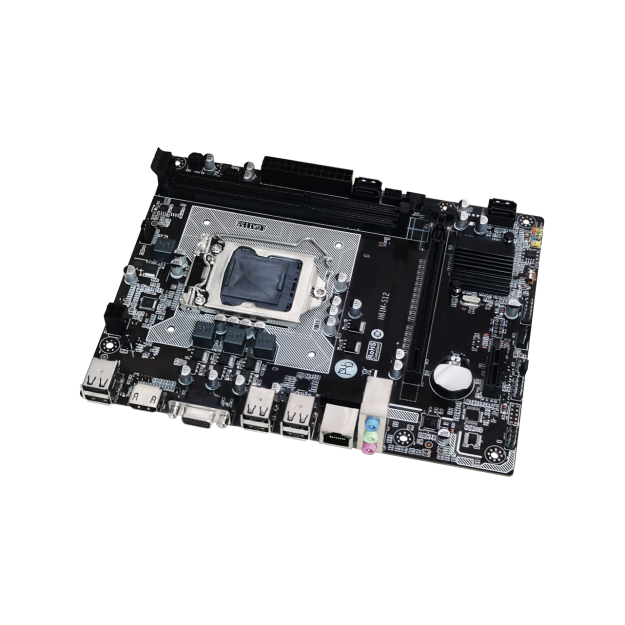A motherboard is the central component of a computer, responsible for connecting and coordinating all hardware devices. It is a large printed circuit board (PCB) that integrates critical parts such as the CPU socket, RAM slots, expansion slots, chipset, and power connectors.
Data Transfer: Facilitates high-speed communication via buses (e.g., PCIe, SATA).
Power Distribution: Delivers power from the PSU to components.
BIOS/UEFI Support: Provides low-level system configuration and hardware checks.
CPU Socket: Holds the processor (varies by Intel/AMD).
RAM Slots (DIMM): Typically 2-8 slots for DDR4/DDR5 memory.
Chipset: Determines features and compatibility (e.g., Intel Z790, AMD X670).
Expansion Slots (PCIe): For GPUs, sound cards, etc.
torage Interfaces (SATA/M.2): Connects SSDs or HDDs.
I/O Ports: USB, HDMI, Ethernet, audio jacks, etc.
The motherboard defines a system’s compatibility, expandability, and performance potential. When choosing one, consider CPU support, RAM type, and future upgrades.

Contact: Tom
Phone: 86 18933248858
E-mail: tom@angxunmb.com
Whatsapp:86 18933248858
Add: Floor 301 401 501, Building 3, Huaguan Industrial Park,No.63, Zhangqi Road, Guixiang Community, Guanlan Street,Longhua District,Shenzhen,Guangdong,China
We chat
